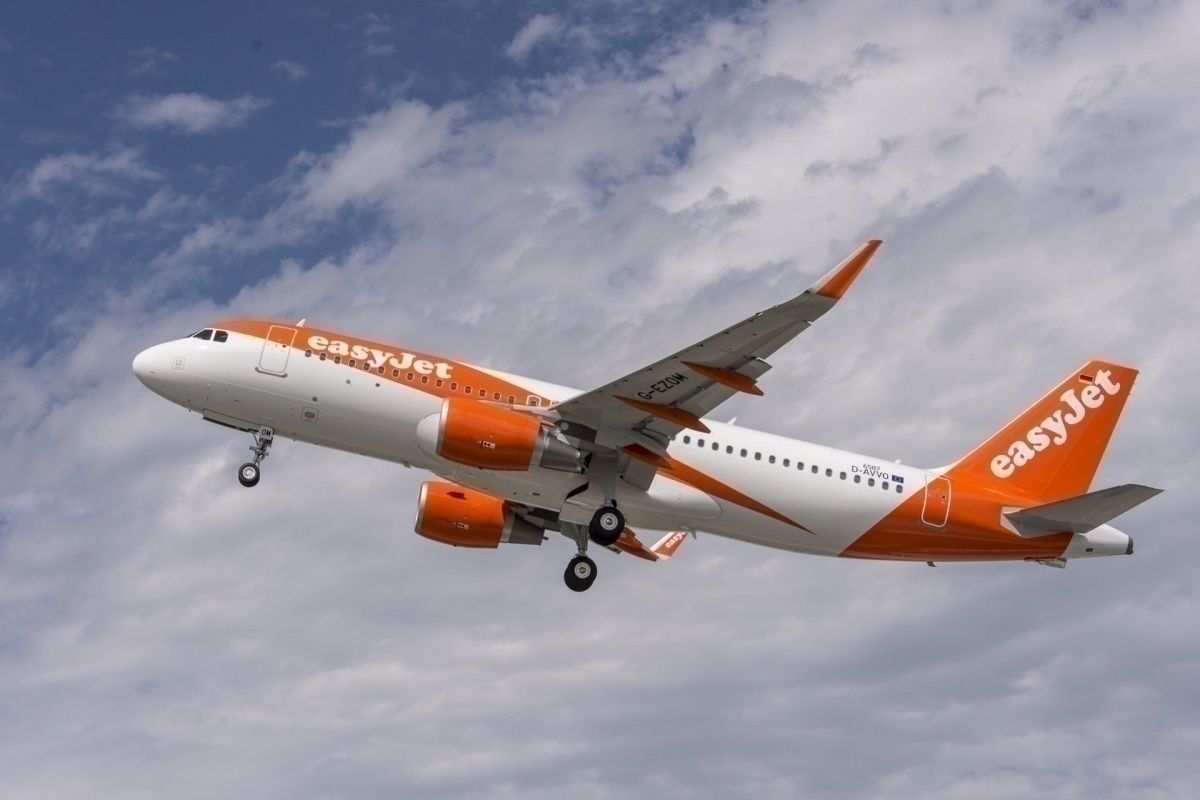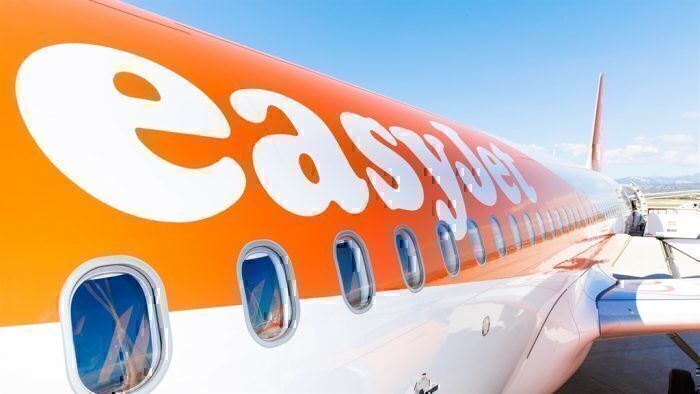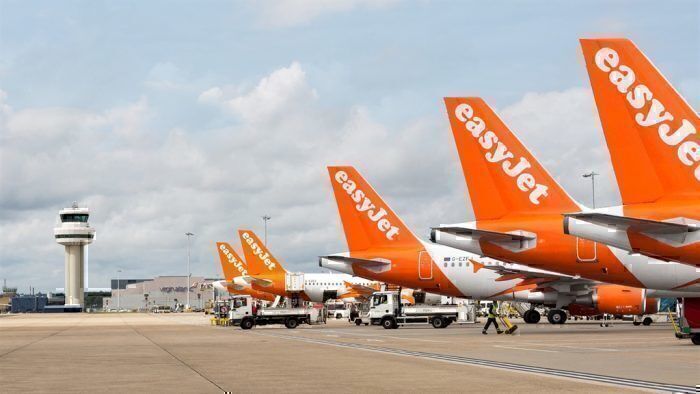easyJet is planning to become the first major carrier to completely offset all of its carbon emissions. The British airline claims that the plan will be in motion immediately.
The pressure is on
The Guardian reports that the budget carrier's carbon offset programs will cost around £25 million pounds a year. These include schemes to plant trees, along with avoiding the release of additional carbon dioxide.
easyJet chief executive Johan Lundgren spoke about his company's decision, explaining that there is an increased pressure on firms to take action in regards to emissions.
“We recognise that offsetting is only an interim measure, but we want to take action on our carbon emissions now,” he said as reported by The Guardian. "Aviation will have to reinvent itself as quickly as it can.”
A series of pledges
easyJet is the latest British institution to make ambitious statements when it comes to emissions. Last month, British Airways announced that it will automatically carbon offset every domestic flight booking from January 2020.
Along with this, it has set up a tool for passengers to voluntarily offset their carbon emissions for international flights. Furthermore, British Airways' parent International Airlines Group (IAG) promised that it will be carbon-neutral by 2050.
It's not just airlines that have been making similar announcements. Last week, Birmingham International Airport announced that it is looking to achieve net-zero emissions by 2033. The hub said that it will be publishing a decarbonization roadmap within the next year to reach its target.
Along with this, the government of the United Kingdom recently unveiled a £300 million investment project to develop greener forms of air transport. Part of the plan includes the development of sustainable alternative fuels. Research on electric aircraft and autonomous airliners is also sought after under the investment.
What else will easyJet do?
Ultimately, Lundgren believes that easyJet is doing more than any other airline within this subject. He says that more customers are expecting companies to do something about the situation and that it is the right thing to do.
Additionally, the executive said that the 17 different projects that his company has lined up have been verified, audited and monitored to deliver actual offsets. After a three-year period is up, the carrier plans to develop its own schemes.
easyJet also announced that it had signed a memorandum of understanding with Airbus to work together on the development of electric and hybrid planes. The airline hopes to use these on shorter-haul European flights.
Furthermore, the firm will continue to collaborate with Wright Electric, which manufactured a nine-seater electric plane that is expected to launch shortly. Also, Lundgren said that despite empty seats increasing on flights in the last year, his company will now take further action on reducing this number.
Finally, easyJet has also relaunched its package holiday business. This will be its own entity, looking to fill gaps left after the collapse of Thomas Cook. With this, a new easyJet Holidays booking site will be up before Christmas.
Simple Flying reached out to easyJet regarding its carbon emissions announcement but did not hear back before publication. We will update the article with any further comments.
What do you think of easyJet's goals? Let us know your thoughts in the comment section.



